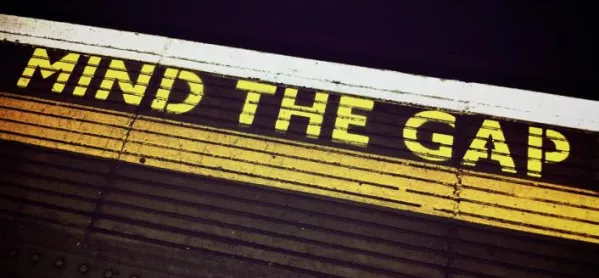Deprived UK pupils are among the unhappiest in the Organisation for Economic Co-operation and Development (OECD), new research has found, with only Turkey scoring worse in the group of wealthy nations in terms of school stress.
Only 15 per cent of disadvantaged students in the UK felt satisfied with life, socially integrated at school and free from exam anxiety, according to the study by the OECD.
That is below the OECD average of 26 per cent, and far lower than the 50 per cent of students in the Netherlands and 43 per cent in Switzerland who feel “socially and emotionally resilient”.
Among the group’s 36 members, only pupils in Turkey fared worse, at 13 per cent.
Emotional resilience was one of the many ways advantaged students outperformed their peers, the report found – a difference that begins at primary school and widens through their lives.
On average across the OECD, more than two-thirds of the disparity between how 15-year-olds perform can already be seen at age 10, the data showed.
“Too little headway has been made to break down the barriers to social mobility and give all children an equal chance to succeed,” said Andreas Schleicher, OECD director for education and skills.
“More investment is needed to help disadvantaged students do better, including recognition of the critical role that teachers have to play.”
The OECD’s report adds to data showing that stress levels have risen in UK schools, which has been blamed on funding cuts and the changes to the exam system.
Recent research by the Education Policy Institute found that referrals to child and adolescent mental health services have jumped by more than a quarter (26 per cent) in the past five years.
Ofsted is also expected to crack-down on “exam factory schools,” which place too much emphasis on results, under its new framework for rating schools.
NEU joint general secretary Mary Bousted said the report was a “shocking indictment of eight years of Conservative-led education policies”.
“In England, inequalities in student performance grow markedly between adolescence and early adulthood. As the fifth wealthiest global economy, this is shameful,” she added.
“This report should act as a wake-up call to the government. Its so-called school ‘reforms’ since 2010 have not only failed to achieve their stated aim of raising education quality, they have significantly widened inequality and entrenched disadvantage throughout a child’s schooling and into adulthood.”




